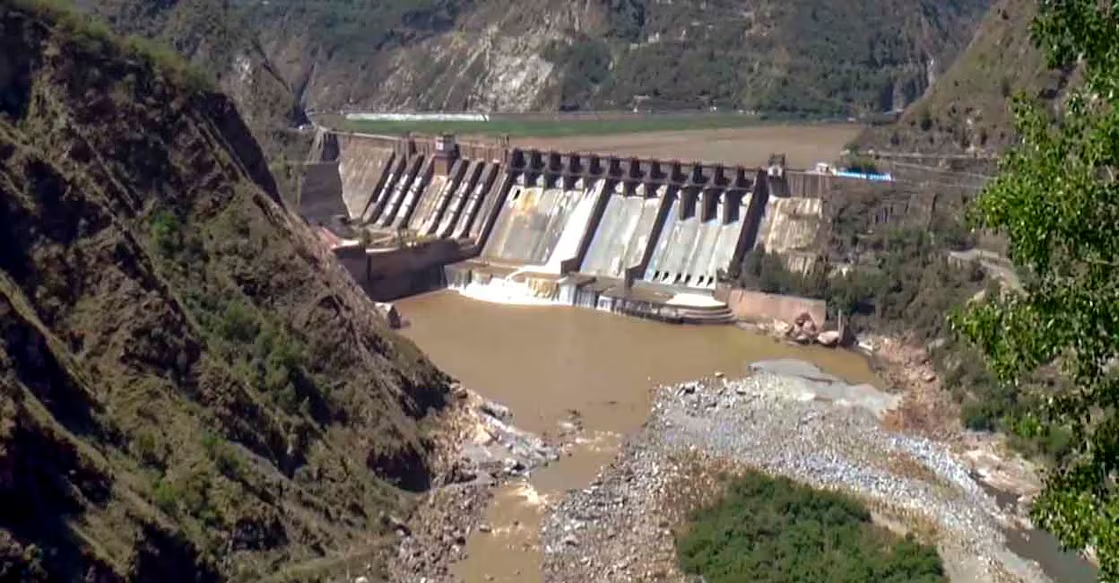Despite the recent agreement between India and Pakistan to declare a ceasefire after four days of intense fighting, the broader diplomatic standoff between the two countries remains unresolved.
According to sources from India’s Ministry of External Affairs (MEA), the Indus Waters Treaty, which governs the shared water resources between the two nations, will remain in “abeyance” and India’s previously announced diplomatic measures against Pakistan will continue unchanged.
No Preconditions for the Ceasefire
The ceasefire agreement, which was brokered through high-level talks facilitated by U.S. President Donald Trump, came into effect at 5 PM IST on Saturday. Both countries agreed to cease all military actions on land, air, and sea. However, MEA sources clarified that the ceasefire had no preconditions or stipulations.
It was Pakistan that initiated the call for de-escalation, and no additional terms were set by India in return. The statement from the Indian government reiterated that the Indus Waters Treaty would remain suspended, and India’s broader measures against Pakistan would not be altered as part of this agreement.
India’s decision to pull out of the Indus Waters Treaty was one of the key diplomatic responses following the deadly terrorist attack on tourists in Pahalgam, Jammu and Kashmir, on April 22, which claimed the lives of 26 people, mostly tourists. In response to the attack, India took a series of strong diplomatic actions aimed at isolating Pakistan and curbing cross-border terrorism.
India’s retaliatory measures included suspending the Indus Waters Treaty, halting trade and postal services, closing the Integrated Check Post at Attari, and suspending visa services for Pakistani nationals.
Additionally, India imposed a complete ban on imports from Pakistan and restricted access to Pakistani media outlets such as Dawn News, Geo News, and ARY News. India also blocked the social media channels of Pakistani artists, while Pakistan’s naval, defense, and air advisors in New Delhi were declared persona non grata and ordered to leave. In a reciprocal move, India withdrew its own military advisors from Pakistan.
Military Strikes and Cross-Border Tensions
The ceasefire follows several days of escalating violence between India and Pakistan. On May 7, India conducted military strikes targeting terrorist infrastructure across the border in Pakistan. In retaliation, Pakistan initiated cross-border firing and launched drone attacks on Indian territory, exacerbating the already volatile situation.
Despite the ceasefire agreement, India’s measures taken on April 23, which were aimed at penalizing Pakistan for its support of terrorism, will remain in effect. These measures are part of India’s broader strategy to hold Pakistan accountable for cross-border terrorism and to ensure the safety and security of its citizens.
Continued Strain Between the Two Nations
The agreement for a ceasefire, while a positive step toward de-escalation, does not signal the end of tensions between the two nuclear-armed nations.
Both India and Pakistan have a long history of diplomatic and military confrontations, with the issue of cross-border terrorism remaining a key point of contention. India’s diplomatic measures are likely to persist as a form of pressure on Pakistan, aiming to curb any further support for terrorist groups operating in Indian territory.






